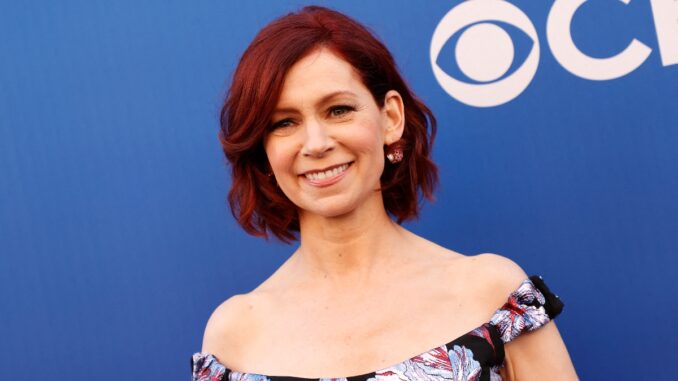
Elsbeth Finally Retired This Joke & It Better Not Come Back In Season 3
The legal drama landscape is littered with tropes, tired gags, and character quirks that, initially charming, quickly morph into grating annoyances. We've all seen them: the perpetually stressed lawyer drowning in paperwork, the sarcastic paralegal who secretly holds the firm together, and the brilliant but socially inept protagonist who solves cases by making baffling leaps of logic. In the case of the CBS series "Elsbeth," which follows a quirky lawyer with an uncanny ability to observe and solve crimes in New York City, that irritating quirk manifested as a particular joke that, thankfully, seems to have finally been put to rest. Let us hope, for the sake of the show's longevity and our collective sanity, that it remains buried.
"Elsbeth" initially presented us with a character brimming with eccentric charm. Her unconventional methods, her seemingly oblivious observations, and her disarming honesty made her a refreshing presence in the procedural world. However, almost immediately, a specific type of humor began to overshadow these positive qualities. I'm referring, of course, to the relentless and often awkward deployment of misinterpretation. Elsbeth would consistently misunderstand metaphors, idioms, and even straightforward statements, leading to forced, often nonsensical exchanges with her exasperated colleagues.
In early episodes, this joke functioned as a quick way to highlight Elsbeth's unique perspective. It was intended to showcase how her unconventional thinking allowed her to see details others missed. The idea was that by taking things literally, she circumvented the biases and assumptions that cloud conventional judgment. In practice, however, it devolved into a crutch. Instead of showcasing her sharp wit, the misinterpretations became predictable and repetitive. They often served as a lazy substitute for actual cleverness, relying on cheap laughs at the expense of character depth.
Consider the countless scenes where Detective Kaya Blanke, Elsbeth's partner, would use a common phrase, only to be met with Elsbeth’s literal and completely unrelated response. “We need to get the ball rolling, Elsbeth,” Kaya might say, and Elsbeth would reply with a detailed explanation of the physics of a rolling ball or a tangential anecdote about her childhood kickball team. While humorous initially, these exchanges quickly lost their novelty. They became a tiresome routine, disrupting the flow of the investigation and making Elsbeth seem less observant and more simply… dense.
The problem wasn't just the frequency of the joke, but also its lack of consistency. Sometimes Elsbeth would be a master observer, dissecting complex social dynamics with laser-like precision. At other times, she would struggle to understand basic instructions, undermining her credibility as a legal investigator. This inconsistency made her character feel less like a quirky genius and more like a caricature, a collection of pre-determined ticks designed to elicit a cheap laugh.
Fortunately, as the first season progressed, the writers seemed to recognize the diminishing returns of this particular joke. The misinterpretations became less frequent and less central to Elsbeth's character. We started seeing more genuine moments of insightful observation, more emphasis on her strategic thinking, and more development of her relationships with Kaya and Captain Wagner. The focus shifted from manufactured misunderstandings to her genuine ability to connect with people and uncover hidden truths.
This subtle shift was a significant improvement. It allowed Elsbeth to retain her quirky charm without sacrificing her intelligence or undermining the credibility of the investigation. It allowed the audience to appreciate her genuine empathy and her unconventional methods of problem-solving. And, perhaps most importantly, it allowed us to take her seriously as a capable and effective lawyer.
Looking ahead to Season 3, it is crucial that the writers continue down this path. The success of "Elsbeth" lies not in forced humor or predictable gags, but in the unique perspective and genuine empathy that define her character. By focusing on these strengths, the show can continue to evolve and offer a fresh and engaging take on the legal drama genre. Let the misinterpretations remain buried, a relic of a bygone era of overused tropes. Let Elsbeth be Elsbeth, a brilliant, unconventional lawyer who solves crimes not by misunderstanding the world, but by truly understanding the people in it. The show, and its audience, will be all the better for it.
